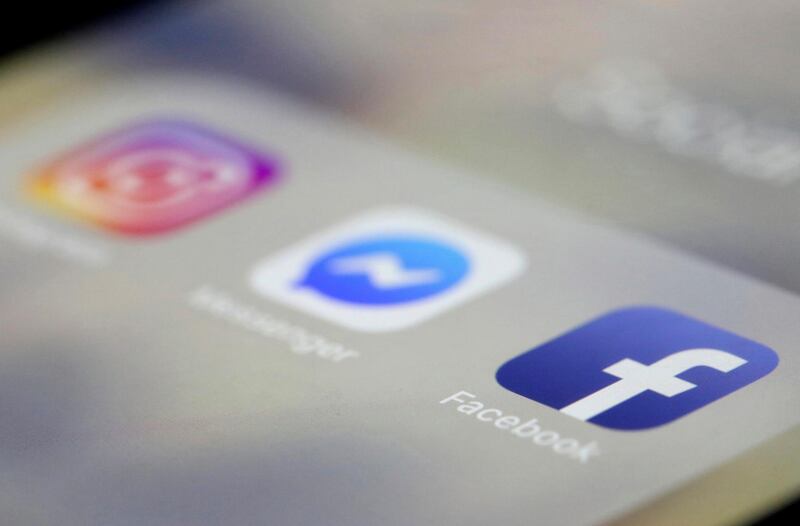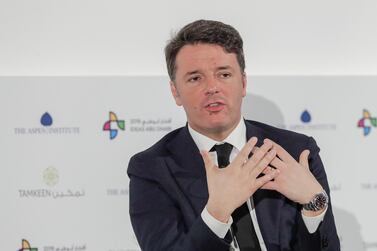Facebook announced on Wednesday that it would ban praise or support for white nationalism and white separatism, as part of an intensified crackdown on hate speech.
The ban will be enforced starting next week at Facebook and Instagram.
"It's clear that these concepts are deeply linked to organised hate groups and have no place on our services," Facebook said in a statement.
It has already banned posts endorsing white supremacy as part of its action against hate speech based on race, ethnicity, religion or other factors.
The ban was not applied to some postings because it was reasoned that they were expressions of broader concepts of nationalism or political independence, Facebook said.
But it said that consultation with academics and "members of civil society" in recent months led it to view white nationalism and separatism as linked to organised hate groups.
"While people will still be able to demonstrate pride in their ethnic heritage, we will not tolerate praise or support for white nationalism and separatism," Facebook said.
It said that people who entered search terms associated with white supremacy would be sent to pages such as Life after Hate, which focus on helping people turn their backs on such groups.
Facing pressure from governments around the world, Facebook has increased machine learning and artificial intelligence to find and remove hateful content while remaining open to free expression.
"Unfortunately, there will always be people who try to game our systems to spread hate," it said.
"Our challenge is to stay ahead by continuing to improve our technology, evolve our policies and work with experts who can bolster our efforts."
Facebook said the new ban would not apply to topics such as American pride and Basque separatism, which "are an important part of people's identity"..
Mark Potok, a senior fellow at the Centre for Analysis of the Radical Right, believes Facebook's ban could limit the spread of white nationalist speech but doubted it would rid the world of the ideology.
"We'll see if they are able to enforce this," Mr Potok said. "There are thousands of white nationalist posts on Facebook every day.
"They weren't able to stop the Christchurch video so it will be challenging to do this."
The gunman who killed 50 people in New Zealand this month streamed his onslaught live.
The massacre demonstrated the global reach of a white nationalist movement that preaches an imagined "European" ideal, rejects immigration and shares often vicious threats over the internet.
Some analysts say it is a cohesive movement that stretches across Europe into Russia and has a deep following in the US and Canada.
They say it poses as much of an international threat as extremism, and even more so in the US where there have been many white nationalist attacks for years.
Some researchers say white nationalists have been emboldened by the rise of politicians promoting a tough line on immigration, including Marine Le Pen in France, Viktor Orban in Hungary and Russian President Vladimir Putin.







